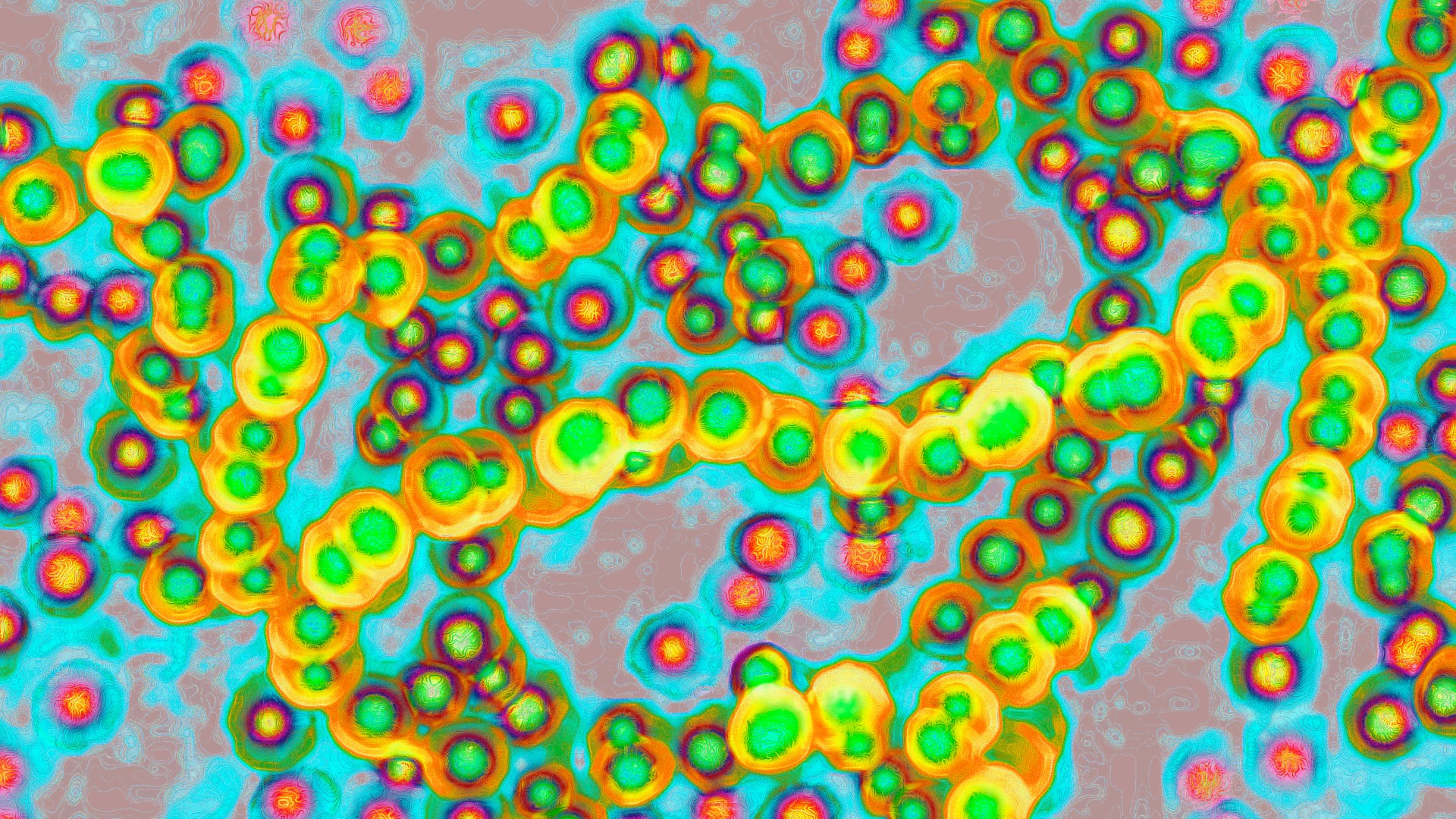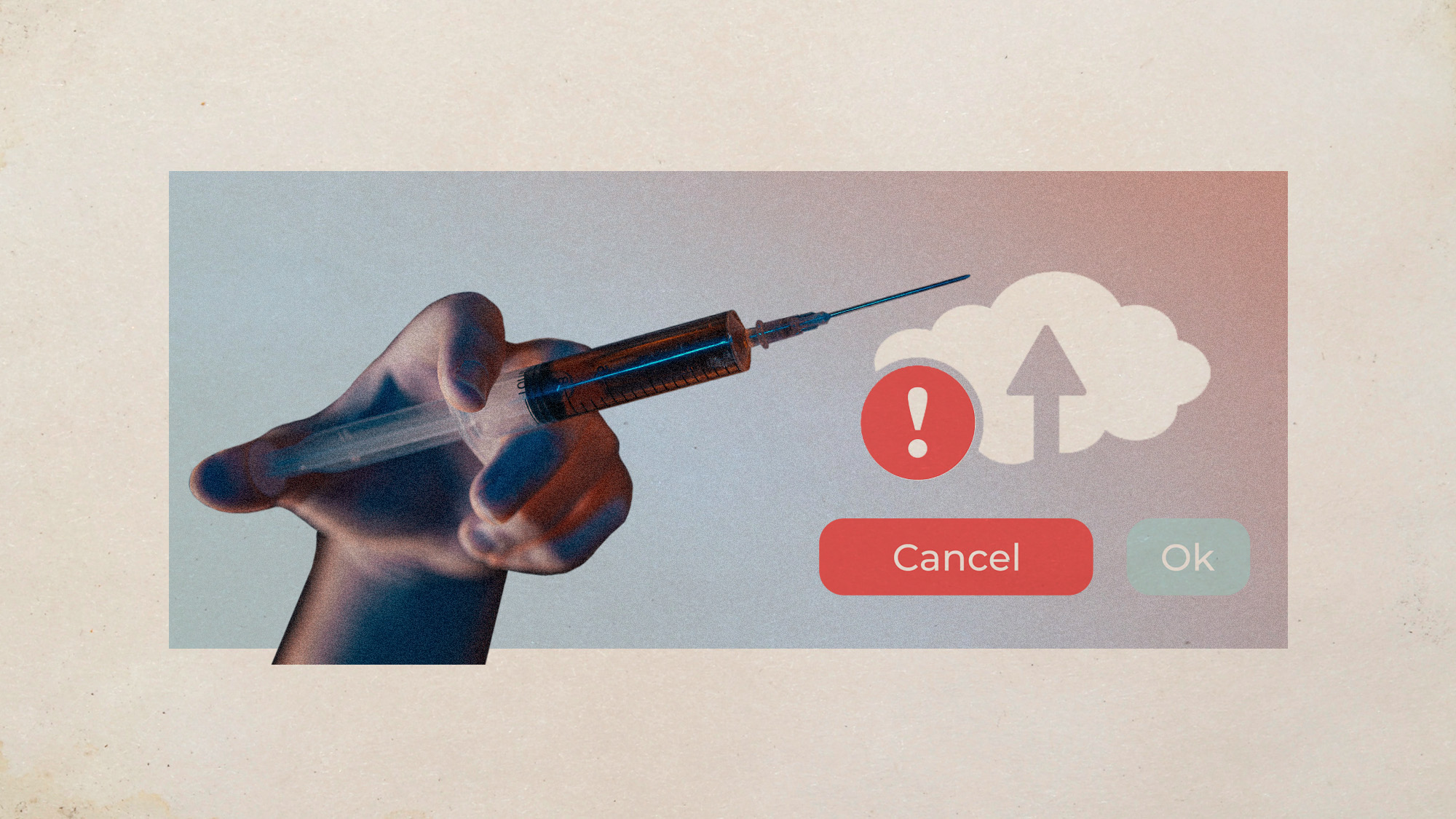Japan's deadly 'flesh-eating' bacteria
Health experts grapple with record surge of STSS, which some claim is linked to Covid restrictions

A free daily email with the biggest news stories of the day – and the best features from TheWeek.com
You are now subscribed
Your newsletter sign-up was successful
Health experts are struggling to explain the record spread of a deadly "flesh-eating" bacteria in Japan, one that can prove fatal within 48 hours of infection.
The National Institute of Infectious Diseases has reported 977 cases of streptococcal toxic shock syndrome (STSS) – with 77 confirmed deaths between January and March – since the start of 2024, nearly three times as many as there were this time last year.
Flesh-eating disease
STSS is a "rare but serious" bacterial infection caused predominantly by microbes belonging to group A streptococcus bacteria, said Newsweek.
The Week
Escape your echo chamber. Get the facts behind the news, plus analysis from multiple perspectives.

Sign up for The Week's Free Newsletters
From our morning news briefing to a weekly Good News Newsletter, get the best of The Week delivered directly to your inbox.
From our morning news briefing to a weekly Good News Newsletter, get the best of The Week delivered directly to your inbox.
The pathogen itself is "common", said The Telegraph, with between 5% and 20% of healthy adults having "latent, symptom-free infections". Yet it can progress into a range of diseases, from tonsillitis and impetigo to scarlet fever and pneumonia, and some severe cases trigger a "flesh-eating" disease known as necrotising fasciitis.
Commonly called "strep throat" in children, people over 50 are at a "higher risk" of developing the condition, said Indian news site Mint. Those with open wounds or patients who have recently had surgery or a viral infection that causes open sores, such as chickenpox, are also at an increased risk of infection.
Initial symptoms include fever, chills, muscle aches and nausea and vomiting, followed within 24 to 48 hours by low blood pressure, organ failure and septic shock, the US Centers for Disease Control and Prevention (CDC) warned.
At this point "immediate medical attention is necessary", said Newsweek. Treatments include antibiotics, intravenous fluids and even surgery to remove the infected tissue. Even then, STSS can prove fatal, with as many as 30% of patients dying after contracting the infection.
A free daily email with the biggest news stories of the day – and the best features from TheWeek.com
“Most of the deaths happen within 48 hours," said Ken Kikuchi, a professor in infectious diseases at Tokyo Women's Medical University. "As soon as a patient notices swelling in foot in the morning, it can expand to the knee by noon, and they can die within 48 hours."
Link to Covid restrictions
In Japan, the capital Tokyo has been most affected by the rapid surge in STSS, with 145 cases in the first six months of 2024.
The reason "remains unclear", said CNN, citing Japanese public broadcaster NHK, though one leading theory is that it is linked to Covid restrictions.
Kikuchi told NHK it could be due to people's weakened immune systems following the pandemic. "We can boost immunity if we are constantly exposed to bacteria. But that mechanism was absent during the coronavirus pandemic," he said.
Surges in cases are far from "unusual", said Professor Jon Cohen, emeritus professor of infectious diseases at Brighton and Sussex Medical School, and other regions have also experienced recent outbreaks, said Fortune. In late 2022 at least five European countries, including the UK, reported an increase in cases of invasive group A streptococcus (iGAS) disease, which includes STSS, to the World Health Organization.
"In England the number of group A strep cases (sore throats, scarlet fever and the rarer invasive infections) plummeted during the Covid-19 pandemic… [and] younger children did not encounter group A strep as they might normally do," said Shiranee Sriskandan, a professor of infectious diseases at Imperial College London.
"There was therefore a bigger pool of children susceptible to group A strep when social mixing restrictions were lifted, and this probably led to the increase that we saw in 2022."
Similar trends may now be playing out across Japan, she added.
-
 The ‘ravenous’ demand for Cornish minerals
The ‘ravenous’ demand for Cornish mineralsUnder the Radar Growing need for critical minerals to power tech has intensified ‘appetite’ for lithium, which could be a ‘huge boon’ for local economy
-
 Why are election experts taking Trump’s midterm threats seriously?
Why are election experts taking Trump’s midterm threats seriously?IN THE SPOTLIGHT As the president muses about polling place deployments and a centralized electoral system aimed at one-party control, lawmakers are taking this administration at its word
-
 ‘Restaurateurs have become millionaires’
‘Restaurateurs have become millionaires’Instant Opinion Opinion, comment and editorials of the day
-
 A Nipah virus outbreak in India has brought back Covid-era surveillance
A Nipah virus outbreak in India has brought back Covid-era surveillanceUnder the radar The disease can spread through animals and humans
-
 Is the US about to lose its measles elimination status?
Is the US about to lose its measles elimination status?Today's Big Question Cases are skyrocketing
-
 A real head scratcher: how scabies returned to the UK
A real head scratcher: how scabies returned to the UKThe Explainer The ‘Victorian-era’ condition is on the rise in the UK, and experts aren’t sure why
-
 Trump HHS slashes advised child vaccinations
Trump HHS slashes advised child vaccinationsSpeed Read In a widely condemned move, the CDC will now recommend that children get vaccinated against 11 communicable diseases, not 17
-
 Vaccine critic quietly named CDC’s No. 2 official
Vaccine critic quietly named CDC’s No. 2 officialSpeed Read Dr. Ralph Abraham joins another prominent vaccine critic, HHS Secretary Robert F. Kennedy Jr.
-
 This flu season could be worse than usual
This flu season could be worse than usualIn the spotlight A new subvariant is infecting several countries
-
 Covid-19 mRNA vaccines could help fight cancer
Covid-19 mRNA vaccines could help fight cancerUnder the radar They boost the immune system
-
 Bluetoothing: the phenomenon driving HIV spike in Fiji
Bluetoothing: the phenomenon driving HIV spike in FijiUnder the Radar ‘Blood-swapping’ between drug users fuelling growing health crisis on Pacific island